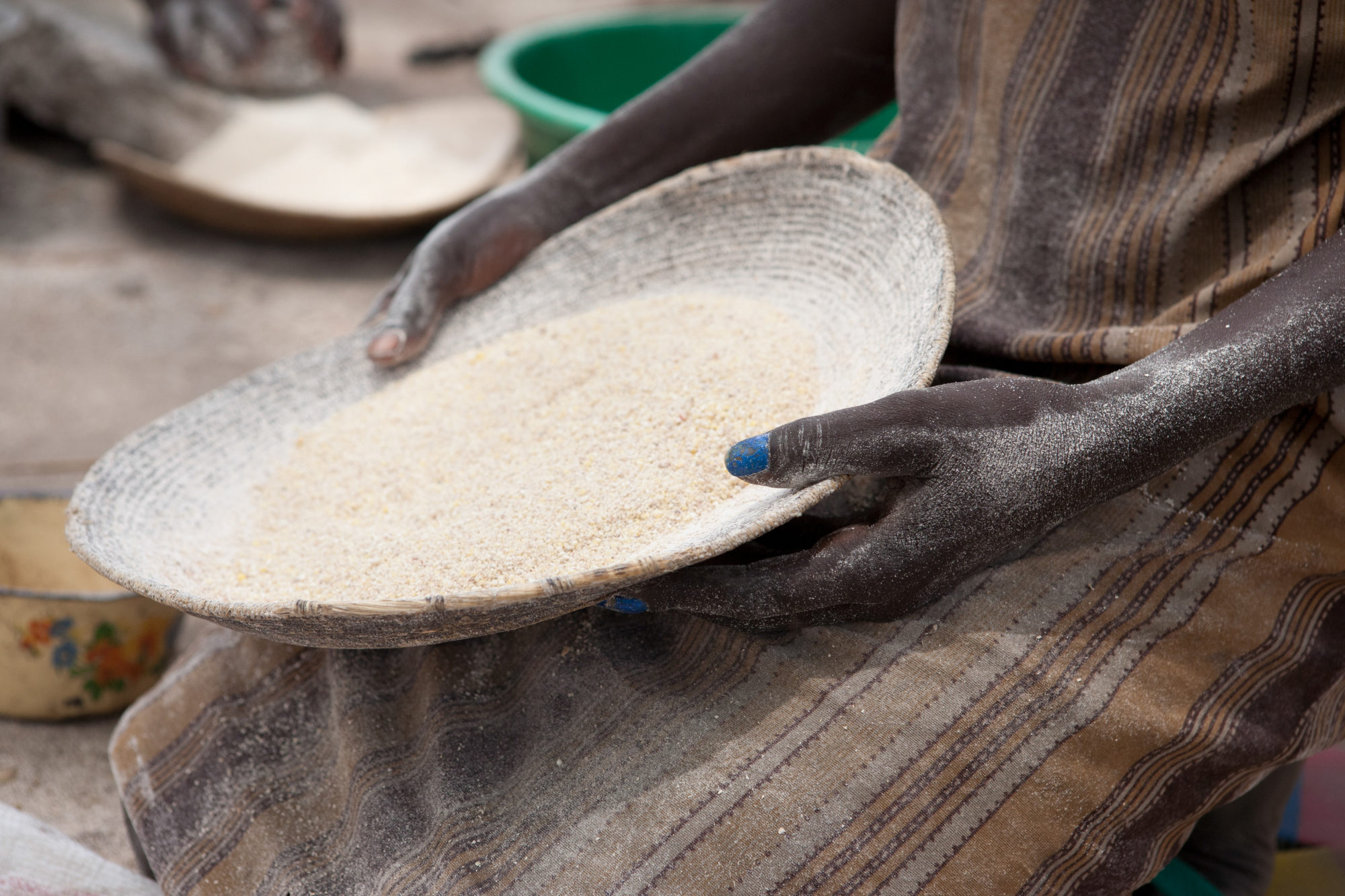
Every day is just the same—the heaviness on her heart and the weariness in her step. When such hopelessness is pressed onto a woman’s soul, she begins to wonder if there’s a purpose in anything at all. Every day is just the same.
From birth she has been second rate, unwanted among her father’s children. Her purpose has been to watch over her younger brothers and sisters, cook the meals, haul the water, and then to marry a person of her father’s choosing. Her husband can divorce her with a simple piece of paper. After his ambivalent dismissal, she will be sent to her father in shame. Her children are her husband’s property, so he will take them and she may never see them again.
Such is the case for many women where I serve in West Africa. When I first came to the field, I quickly realized that nothing I’ve ever experienced can help me relate with them. I grew up valued, affirmed, and loved. I attended school to pursue my dreams. Much of my life has been spent pursuing goals and aspirations.
To say I felt inadequate is a huge understatement. What do you talk about with women with whom you have absolutely nothing in common? More importantly, how do you share God’s love with women who have never known any sort of love and, therefore, don’t have a framework for that emotion?
Understanding the Oppressed and Realizing Band-Aids Don’t Work
As I sought answers, the Lord helped me understand that those who oppress and those who are oppressed often don’t know anything could be different. The cycle of abuse and being abused has been cemented into their lives. Breaking out of that cycle is not something that ever crosses their minds. Even women who have been oppressed turn and oppress their own daughters. They see it as right and believe it’s “just the way it is.”
It’s not just a life outside of oppression’s influence that seems incomprehensible. Studies show that the part of the brain responsible for learning and problem-solving is slowed in people who have experienced abuse of any kind. I can’t count the number of times I’ve tried to explain a simple concept and my West African friends say, “No, that cannot be done.” You cannot do anything with pumpkin except make sauce for rice. I explain you can make bread, cookies, or pie. No, they always say, it cannot be done.
“Thankfully, our God has designed us to know him and the depth of his love.”
This inability to comprehend the unknown impacts their journey to faith. Their minds and hearts are deeply entrenched in darkness, so much so that they believe there is nothing for them outside of what they already know.
Thankfully, our God has designed us to know him and the depth of his love. Ecclesiastes 3:11 says, “The Lord has put eternity in their hearts.” Oppressed women desire truth and peace even when they can’t articulate why or how. They yearn to know they are valued and loved, even when they’ve never felt valued or loved a single day in their life.
Keep It Simple
I still didn’t have any bright ideas about how to connect with these women, so I started by ministering to them the way I would with anyone else: I spent time with them. I began making regular visits to a friend who lives under the thumb of an oppressive family. We chat while sitting on an old empty rice bag under the only tree in the yard. She listens intently to stories from God’s Word that display his love for all people, including women. She struggles to understand that God loves her personally, but I know the truth is making a difference.
After a few years of ministering in this way, I was asked to lead a women’s meeting on how to share Christ with oppressed women. Everyone came with their notebooks and pens, ready to write down a four-step plan or an acronym. Perhaps to their dismay, I said, “Talk to them.” Yep, that was my great wisdom. Just talk to them.
“God is at work through his Word and your faithful friendship.”
Love them. Invite them to your home. Ask them to meet you at a playground so your kids can play together. Ask them about their culture and traditions. Listen to them. When the time is right and the Holy Spirit leads, share truth and pray for them. Eventually, you’ll notice their eagerness to hear Bible stories, especially the ones that portray Jesus’s kindness toward ostracized women. God is at work through his Word and your faithful friendship. Don’t be discouraged if it takes time for them to fully accept his love and gift of salvation.
The conversations may stall and the social situations may be awkward. Try to move past that tension and reach out to oppressed or abused women who live among you. God has tasked us with loving them, showing them his Word, and communicating the freedom only he can give. May we all be ready to love and guide them to grasp the truth of Christ’s great love.

